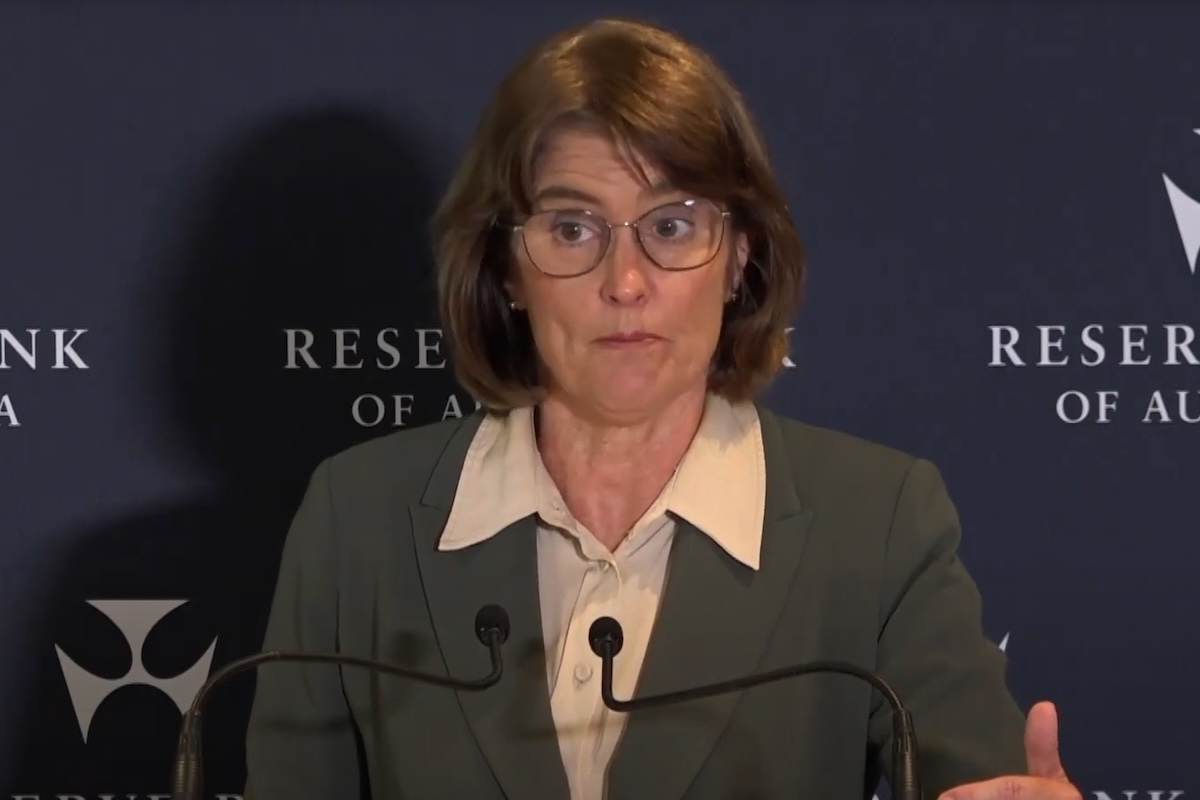

32 out of 36 economists surveyed by the Australian Financial Review thought there would be a rate cut yesterday — and they (along with me!) got it wrong. So why didn’t the Reserve Bank cut rates? In my view, it was the wrong call, maybe even bordering on dumb. Let me explain why.
The RBA appears to be waiting for the June quarter CPI, which comes out on July 30. They’re holding off until they get a clearer picture of where inflation is actually heading. That’s one reason. Another is that unemployment just isn’t high enough. If it were, they’d be forced to act. But because employment has stayed reasonably strong, the urgency just isn’t there — at least in their eyes.
There’s also the Federal Reserve in the US to consider. They haven’t moved on rates either, and our central bank tends to follow their lead. But we can’t always afford to wait.
I also suspect the RBA is nervous about what Donald Trump might do if he returns to the White House. His unpredictable tariff policies could lead to a global trade war. If that happens, the RBA might need to act fast — possibly even deliver a jumbo half-percent cut. So they’re holding fire in case the global economy takes a turn.
Older Australians are also part of this story. Higher interest rates have actually helped many of them. With better deposit rates, they’re spending money — and that spending is helping keep the economy ticking over. It’s one reason why employment hasn’t collapsed.
But there’s a bigger issue here.
Frankly, I think the RBA board is full of nervous nellies. Historically, they’ve made some questionable decisions. I’ll give them credit — they’re probably the second-best central bank in the world behind the Fed — but they’ve made their fair share of mistakes. Case in point: Dr Philip Lowe’s infamous prediction that rates wouldn’t rise until 2024. That statement led many Australians to overextend themselves on home loans — and they’ve been paying the price ever since.
As Paul Keating once said, the RBA is always late to the party during a crisis. Right now, they don’t think we’re in one. But if Trump starts a trade war, that could change fast.
For what it’s worth, three out of the nine board members wanted to cut. Those three, in my opinion, are the smart ones. I know most of the board, and I could probably name who I think made the right call — but I’ll leave that alone to avoid any defamatory headlines.
Economics is a guessing game. I’ve taught it for years at UNSW. I’ve taught treasurers, investment bankers, chief economists — and we all know: predicting the economy is incredibly difficult. But the RBA tends to guess conservatively. I hope they’re right this time.
But I think they’re wrong.
That’s a problem for a lot of Australians who are doing it tough. I believe the economy is weaker than they think. Unemployment will eventually rise, and they’ll be forced to admit they misread the moment.
As we speak, we’ve got Trump stirring the pot again. He’s floated big new tariffs on countries like South Korea and Japan, and he’s shifting deadlines like a man playing policy on the run. He even threatened a 50% tariff on copper imports — though, thankfully, he didn’t follow through.
Markets hate this kind of uncertainty. Wall Street traders don’t know what’s coming next. I’m keeping my fingers crossed that Trump settles on more reasonable trade policies, because if he does, stocks will rally. And if the RBA eventually cuts rates, that’ll be a tailwind for the market too.
But right now, we’re in an awkward spot — stuck between Trump’s unpredictability and an overly cautious RBA. That means we’re unlikely to see strong market gains in the short term. If Trump calms down and the RBA cuts, I think markets will rise. Stocks that have struggled under higher rates — particularly some of the top 20 — could finally get a boost. The Commonwealth Bank share price might come down a bit too.
Until then, investors are playing it safe. They’re sticking with secure, dividend-paying stocks like CBA. But if we want real economic momentum, we need lower rates. And without action from the RBA or sanity from the US, we’re stuck in a holding pattern. That’s bad news for people with big home loans, for struggling businesses — especially in hospitality — and for anyone trying to stay afloat in this high-rate environment.
We need better leadership. From central banks, and from the man in the White House.